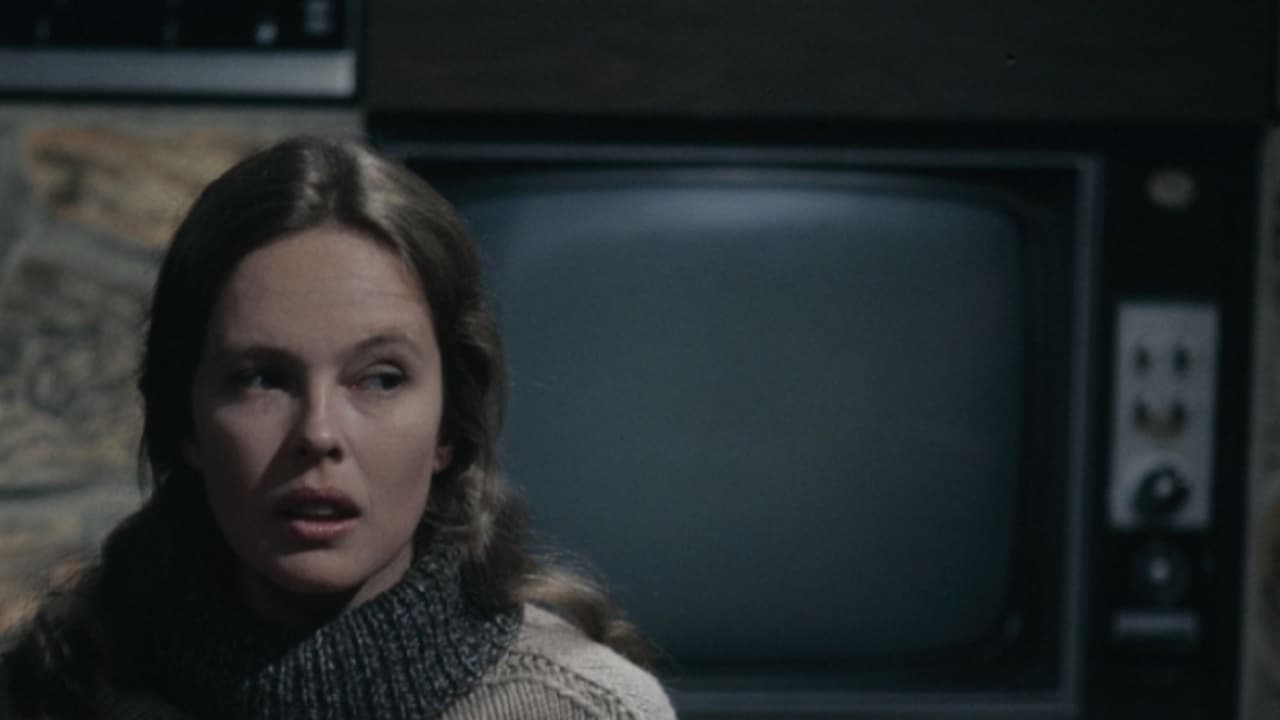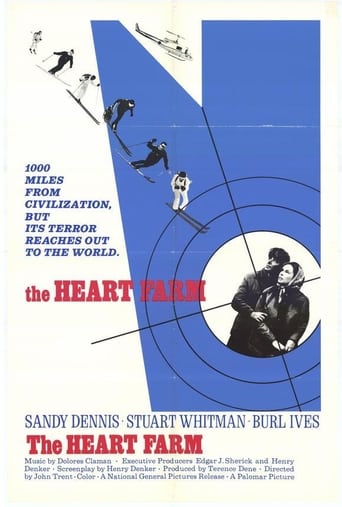



Self-important, over-dramatic, uninspired.
It isn't all that great, actually. Really cheesy and very predicable of how certain scenes are gonna turn play out. However, I guess that's the charm of it all, because I would consider this one of my guilty pleasures.
View MoreAll of these films share one commonality, that being a kind of emotional center that humanizes a cast of monsters.
View MoreThis film is so real. It treats its characters with so much care and sensitivity.
View MoreThis television movie appeared in 1970, and fits an odd series of film roles that were part of the career of Burl Ives. Usually thought of as playing southern or western types, frequently Ives played characters who were millionaires or large land owners. "Big Daddy" in CAT ON A HOT TIN ROOF owns 10,000 acres of the richest acres of land East of the Nile. Henessey in THE BIG COUNTRY is the large land owner of a ranch that confronts a large one owned by a rival played by Charles Bickford over water rights. The tycoon he played in THE POWER AND THE PRIZE enjoyed the fun of the successful deal and kill in business as much as the monetary results. On television he was the world's richest man in O. K. CRACKERBY. But his performance as T. M. Trask was unique. Although Henessey is mortally at war with his enemy in THE BIG COUNTRY, and the tycoon in THE POWER AND THE PRIZE is not a man to trifle with (as Robert Taylor finds out), neither is the worst type of man. Trask is.Trask has set up a medical clinic "for research to benefit mankind" in the Canadian Rockies. Two new physicians on the staff, Dr. McCarter Purvis (Stuart Whitman) and Dr. Enid Bingham (Sandy Dennis) discover that Mr. Trask, who lives in the clinic, seems to have an extraordinary agenda outside any benefits to the great public. They find that the clinic keeps special records of those people who happen to share biological similarities to Trask. They also notice that Trask is incredibly fit for a man of his age - some of his organs and body functions are those of a person decades younger than he is supposed to be. And some of the patients who were reasonably healthy seem to suddenly disappear - as though they have died without "warning". Can Trask have something to do with this? And why is it nearly impossible for the staff members to leave the clinic? It was a surprisingly ghoulish story for Ives, but he showed that quiet threatening aspect to his screen persona that few of his roles really developed. Here they blossomed, and he gave a rather memorable performance. Whitman and Dennis, as the team who confront and escape from his clutches were good too, ending the film with an exciting chase on skis. It was an above average television movie.
View More